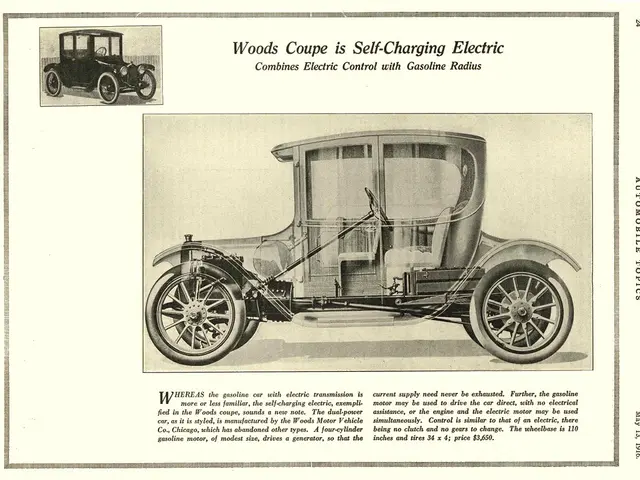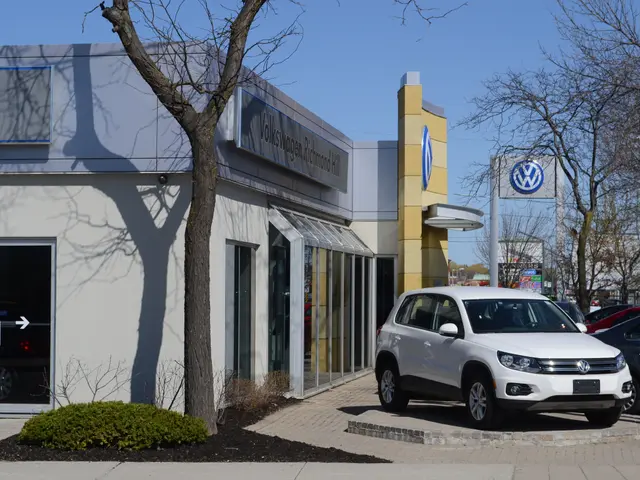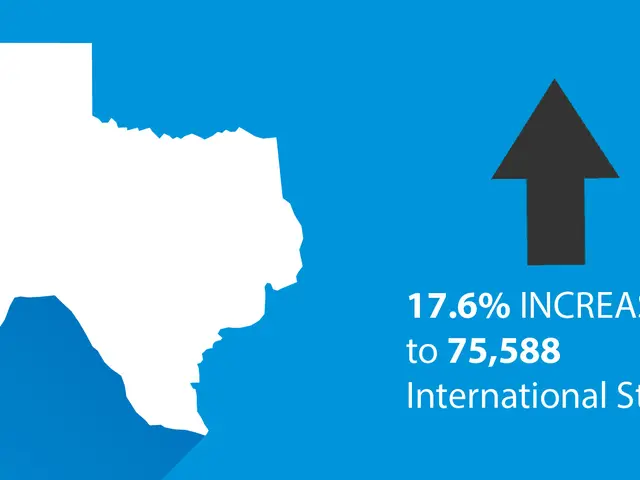Mishap on the Rail Line: Frankfurt-Kassel Route Halted Due to Cargo Train Derailment
Train service between Frankfurt and Kassel has been disrupted due to a blockage on the rail line. - Railroad service suspended on route from Frankfurt to Kassel.
Gear up for a detour! A cargo train mishap near Borken in Schwalm-Eder district has forced a halt on the rail line connecting Frankfurt and Kassel. As per reports from local police and Deutsche Bahn (DB), a couple of wagons loaded with lumber from a freight train came off the tracks on Monday evening.
Clean-up operations are in high gear. "Operations on site run at full throttle to make the tracks passable for trains as soon as possible," stated a DB representative.
The affected area is situated between Wabern and Treysa on the Frankfurt am Main to Kassel Hauptbahnhof route. Long-distance traffic on the high-speed line between Frankfurt am Main and Kassel Wilhelmshöhe remains unscathed and operates without a glitch. However, passengers in regional traffic have to make do with replacement bus services. DB urges passengers to double-check their connections before departure using digital information media.
The initial derailment occurred during a shunting operation in Borken on Monday evening, and the exact cause is yet to be identified. Authorities are currently investigating the incident.
Special equipment, including a crane, is a necessity to reinstate the derailed train parts onto the tracks. "Upon completion of this challenging procedure, DB can evaluate the infrastructure and initiate any necessary repairs," the spokesperson added.
As of now, there’s no clear indication as to when the line will reopen: "A conclusive prediction is still on hold." DB is committed to updating the public about the current situation in a timely manner.
So, be prepared for some navigational tweaking as we wait for the line to reopen—safety and efficiency first, folks! Let's take a closer look at what contributes to these train mishaps and the steps involved in addressing them.
The Groan of a Cargo Train Accident
Disturbing incidents like the one in Borken sadly have multiple roots. Here's a glimpse at factors usually at play:
- Mechanical Fiasco: Faulty parts or wear and tear in key components like brakes or axles can lead to derailments.
- Human Whoopsie: Blunders by engineers or staff, such as misjudging speed or flouting safety protocols, can unfortunately trigger accidents.
- Adverse Weather: Rain, wind, fog, or snow can pose a threat to both visibility and traction.
- Rickety Tracks: Poor track maintenance, defects, or cracks can cause trains to derail.
- Signaling Gaffe: Faulty signals or misunderstood instructions can trigger collisions or derailments.
Ready, Set, Restore!
When such unfortunate events transpire, here's a rough idea of the measures taken:
- Emergency Response Team: Immediate actions involve evacuating the scene, securing the area, and offering medical aid if necessary.
- Investigating the Scene: Authorities carry out thorough investigations to expose the cause of the accident.
- Tidying Up and Repair: Cleanup operations and infrastructure repairs begin as soon as it's safe to do so.
- Info Dissemination: Regular updates are provided to the public and stakeholders regarding the status of the rail line, detours, or delays.
Back on Track
While the exact timeline depends on the severity of the incident, the following steps prove essential:
- Assessment of Damage: The extent of the damage dictates the duration of the rail line disruption.
- Repair Timeline: The duration of repairs depends on the complexity of the work needed, such as track repairs or infrastructure replacements.
- Safety Checks: Thorough checks are performed to ensure the safety of the rail line before it reopens.
- Alternative Routes: During the closure, alternative routes may be put into use to keep traffic flowing.
Stay tuned for the latest updates on this situation. If you're interested in learning more about a specific accident or require detailed information about a particular incident, please provide additional context or consult local news sources for the most accurate and up-to-date information.
In light of the cargo train derailment near Borken, it might be beneficial for the community to look into improving safety measures, particularly in areas related to train maintenance, such as regular checks for worn-out components like brakes and axles, and ensuring that industry standards for track maintenance are met.
Considering this incident, it could also be worthwhile to explore vocational training programs focused on the transportation and automotive industries, with a specific emphasis on safety protocols and emergency response procedures. Proper education and training can empower personnel to make responsible decisions and contribute to a safer transportation environment.
![Train wreck occurs in Borken, carrying logs off the tracks. [Photo Evidence Available]](/en/img/20250516071847_image-description-headline-site-pexels-com.jpeg)







